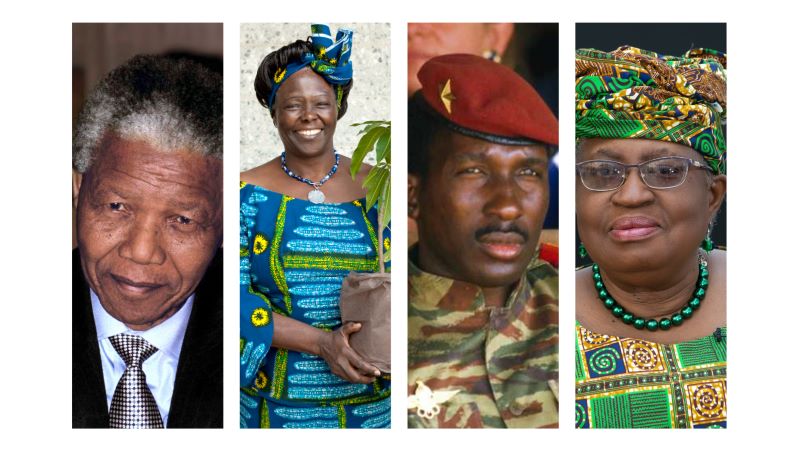As the result of the Justice Department filing a complaint against the manufacturer of infant formula for failing to comply with quality and safety regulations there is a nationwide shortage of baby formula. But how did mothers become so completely dependent on a manufactured baby formula and not mothers’ milk?
Let me introduce you to a young mother giving birth to her first child at a Catholic hospital in Philadelphia in the late 1950’s. Without knowing and without consent she was administered a drug to suppress lactation. And, she was not alone. The practice was widespread. Seemingly nurses and physicians were being influenced to administer a drug that would bolster dependence on powdered formula in a can and prevent a young mother from being able to nurse her child.
As the manufacture of infant formula evolved the manufacturers touted the product to physicians and by the 1940s and 50s the use of formulas became more popular. Some of the pr used to market baby formula was class-based. Marketing folk advanced the notion that poor mothers nursed while well off mothers chose formula. As a result, breastfeeding saw a steady decline until the 1970s.
Ultimately, the use of the drug, Bromocriptine, to suppress lactation was largely halted in the U.S. and discouraged in other countries because, according to the National Library of Medicine, it increases maternal stroke, seizures, cardiovascular disorders, death and possibly psychosis.
Over the years the debate about the benefits of mothers’ milk as opposed to formula has continued. And, some physicians maintain that in spite of advances in the formulation and manufacture of baby formula it can’t compete in matching the health benefits of breast milk.
So, as the shortage of powdered baby formula continues it might be wise for families to become better informed about a factory manufactured infant drink as opposed to mothers’ breast milk.

Karen Warrington has had a decades long career as a broadcast journalist, communications professional, performing artist, and documentary filmmaker. She has traveled extensively throughout Africa, the Caribbean, Europe, and Asia. She is committed to being a voice for the African Diaspora.





